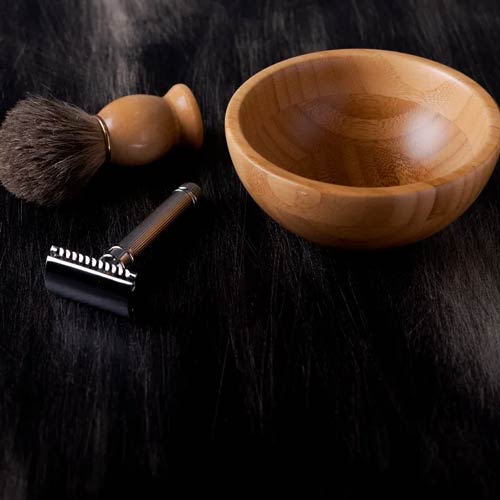Chemical treatments like coloring, perming, and relaxing can transform your look—but without the right aftercare, they can leave hair dry, brittle, and prone to damage. Whether it’s your first time experimenting or you’re a seasoned regular, this guide will show you how to maintain healthy, shiny hair after chemical treatments.
The Science Behind Chemical Treatments
Understanding what happens to your hair helps you care for it better:
- Hair coloring: Uses ammonia and peroxide to lift the cuticle and deposit new pigment, which weakens natural protein bonds.
- Perms: Break and reform disulfide bonds with chemicals like ammonium thioglycolate to create curls or waves.
- Relaxers/straighteners: Strong alkaline solutions alter hair’s internal structure to remove curl patterns.
All of these processes strip moisture and protein, leaving hair vulnerable without proper care.
Essential Aftercare Tips
1. See a Professional
DIY coloring or perming often leads to breakage or scalp irritation. A barber shop near me with experienced stylists can tailor treatments, use professional-grade products, and minimize long-term damage.
2. Prep with Conditioning
Start deep-conditioning treatments 1–2 weeks before chemical services. Look for keratin, argan oil, or protein masks to strengthen your cuticle.
3. Space Out Treatments
Never color and perm your hair in the same session. Wait at least 4–6 weeks between major treatments to allow recovery and reduce overprocessing.
4. Switch to Sulfate-Free Products
Use sulfate-free, pH-balanced shampoos to cleanse gently without stripping natural oils. Follow with hydrating conditioners designed for color or chemically treated hair.
5. Hydrate Inside and Out
Apply leave-in conditioners, hair oils (like jojoba, coconut, or shea butter), and weekly masks to restore lost moisture. Don’t forget internal hydration—drink plenty of water daily for elasticity and shine.
6. Limit Heat Styling
Flat irons and curlers add stress to already fragile hair. If needed, apply a heat protectant spray and keep temperatures low.
7. Get Regular Trims
Visit your barber every 6–8 weeks to remove split ends and keep hair looking healthy. Frequent trims prevent damage from traveling up the hair shaft.
8. Alternate Moisture & Protein Treatments
Moisture keeps hair flexible, while protein restores strength. If hair feels limp or overly stretchy, it’s time for a protein mask; if it’s dry and brittle, prioritize moisture.
9. Sleep and Protect Smart
Use silk or satin pillowcases to reduce friction and retain moisture. Outdoors, protect hair with hats or UV sprays, and pre-condition before swimming to guard against chlorine.
When to Seek Professional Help
If you notice severe dryness, scalp burns, or excessive shedding, book an appointment at a trusted barber shop. Many offer bond-building treatments like Olaplex or specialized scalp therapies to repair damage and restore balance.
FAQs
How long should I wait between chemical treatments? Wait at least 4–6 weeks for major services. For root touch-ups, 2–3 weeks may be safe with proper aftercare.
Can I perm and color my hair at the same time? No—doing both in one session risks severe breakage. Perm first, then wait 2–3 weeks before coloring.
What’s the best at-home care for chemically treated hair? Stick to sulfate-free shampoos, use weekly protein and moisture masks, minimize heat, and trim split ends regularly.
Final Thoughts
Chemical treatments don’t have to mean damaged hair. With the right routine—and a trusted barber to guide you—you can enjoy vibrant color, smooth perms, or sleek straightening while keeping your hair healthy and resilient.












